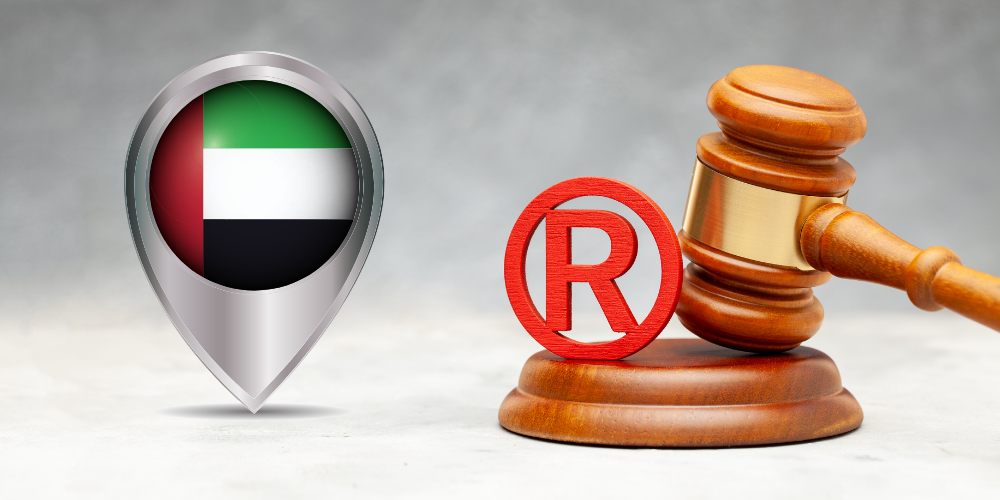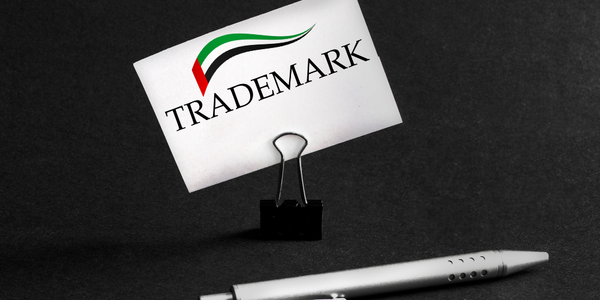UAE Product Registration Guide: Everything You Need to Know

Expanding into the UAE market is an exciting step for any business.
The country is a hub for trade, tourism, and global commerce. It attracts millions of consumers, retailers, and investors every year.
But before you place your products on shelves or start importing, there is one critical step you cannot skip: product registration. In the UAE, authorities want to make sure that anything sold to the public meets strict standards of quality, safety, and compliance.
So, what does the process look like in 2025? And how can businesses navigate it smoothly without costly delays? This guide covers everything you need to know.
Why Product Registration Matters in the UAE
The UAE is known for its world-class shopping malls, premium beauty counters, luxury supermarkets, and pharmacies stacked with international brands. Consumers here expect quality, and the government ensures that through regulation.
If you want to sell cosmetics, food, supplements, or household goods, you must prove they are safe and legitimate. Registration also helps protect consumers from counterfeit products and gives your business credibility.
Skipping this step is risky. Customs may block your shipments. Your products could be pulled from stores. Worse, your business reputation could take a hit. Registration, therefore, is as much about trust as it is about law.
Step-by-Step Guide to Product Registration in the UAE
Here’s how the process works in 2025:
1. Identify the Right Authority
Where you register depends on your location:
- Dubai: Use the Montaji system run by Dubai Municipality. This is the central online portal for registering consumer products.
- Other Emirates: Each Emirate has its own municipal authority responsible for product approvals.
Knowing the correct authority is crucial because an approval in Dubai doesn’t automatically apply in Abu Dhabi or Sharjah.
2. Check if Your Product Requires Registration
Not all goods need approval, but most consumer-facing products do. The main categories include:
- Cosmetics and personal care items
- Health supplements and nutraceuticals
- Detergents and biocides
- Food and beverages
- Textiles
- Food contact materials (like packaging, containers, utensils)
If your product falls into one of these categories, registration is mandatory.
3. Prepare Documentation
The documentation stage is where many businesses face challenges. Authorities require detailed and accurate paperwork to assess compliance. Typical documents include:
- Clear product artwork (packaging, labeling, design)
- Free Sale Certificate (from the country of origin, confirming the product is freely sold there)
- Complete ingredient list
- Laboratory test reports (showing product safety and conformity)
- Product sample, if requested
- Company trade or industrial license
Having your paperwork in order saves weeks of back-and-forth.
4. Submit the Application
In Dubai, you log into the Montaji portal, create an account, and upload your documents. You’ll also need to pay the initial assessment fees.
In other Emirates, the process is similar, though you may be required to submit applications directly through the municipality or an approved online system.
5. Regulatory Review
Once submitted, your application is reviewed. Officials check whether your product complies with UAE regulations, health standards, and labeling requirements.
If something is missing or unclear, you’ll be asked to provide clarifications or additional documents. Delays often happen here if businesses don’t respond promptly.
6. Approval and Certificate
If your product passes review, you’ll receive an electronic Product Registration Certificate.
- Valid for five years
- Renewable, provided the product continues to meet compliance standards
This certificate is your official permission to import, sell, and distribute the product in the UAE.
7. Special Considerations
While the core process is standard, there are some exceptions and additional rules:
- One product per application: Each SKU (stock-keeping unit) requires its own registration. Variations in color, flavor, or size can often be included in the same application.
- Food contact materials: Some require a separate application, often sent via email.
- Medical-related items: Certain products, especially those with therapeutic claims, need prior approval from the Ministry of Health and Prevention (MOHAP).
Understanding these nuances upfront prevents rejection later.
Common Challenges Businesses Face
Product registration in the UAE is clear in theory but tricky in practice. Here are common hurdles:
- Incomplete or inaccurate documentation: Missing certificates, unclear ingredient lists, or outdated test reports lead to rejection.
- Misunderstanding categories: Some businesses apply under the wrong product category, causing delays.
- Unfamiliarity with Montaji system: First-time users may find the portal complex, leading to mistakes in submission.
- Failure to plan ahead: Registration takes time. Import schedules can be disrupted if businesses wait until the last moment.
Many companies hire local consultants to navigate the process. While it’s not mandatory, it can save time, reduce rejections, and ensure compliance from the start.
Renewals and Ongoing Compliance
Getting your certificate is just the beginning. You also need to maintain compliance over time.
- Renewal: Certificates last five years. Start the renewal process early to avoid lapses.
- Updated documents: If your packaging, formulation, or manufacturing process changes, you may need to reapply.
- Market surveillance: UAE authorities actively monitor the market. Products that fail quality checks may be recalled, even if they were registered.
Compliance, therefore, is not a one-time task but an ongoing responsibility.
The Business Value of Product Registration
It’s easy to view registration as just paperwork, but it’s actually a strategic investment.
- Market Access: Without registration, you cannot legally import or sell in the UAE.
- Consumer Trust: A registered product signals safety and reliability. Consumers in the UAE are brand-conscious and cautious about quality.
- Brand Reputation: Avoiding fines, recalls, or bans protects your image in a competitive market.
- Partnerships: Distributors and retailers prefer registered products because it reduce their own legal risks.
In short, it's about building a solid foundation for growth.
Tips for Smooth Product Registration
- Start early, especially if you’re planning a product launch around a key retail season.
- Keep digital copies of all certificates, test reports, and artwork handy.
- Double-check the Free Sale Certificate and lab reports to make sure they are recent and valid.
- Consider engaging a consultant if this is your first time. The upfront cost is often outweighed by the time saved.
- Stay on top of renewals to avoid last-minute surprises.
Get Your Products Approved in the UAE with Click2MENA
Bringing products into the UAE requires more than just shipping them. From approvals and certifications to compliance with UAE regulations, the process can be complex and time-consuming.
At Click2MENA, we handle every step of product registration so your goods reach the market faster and without risk.
Talk to our experts today and make UAE product registration simple and stress-free.




